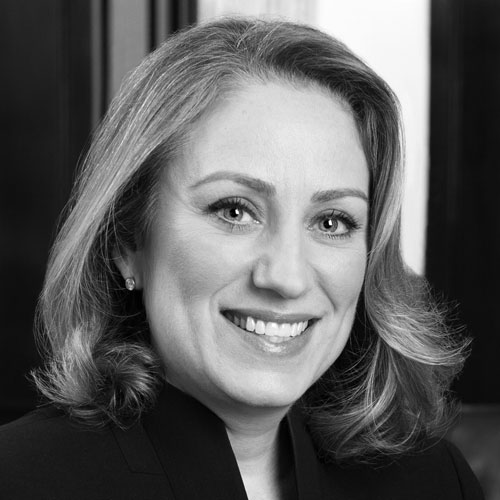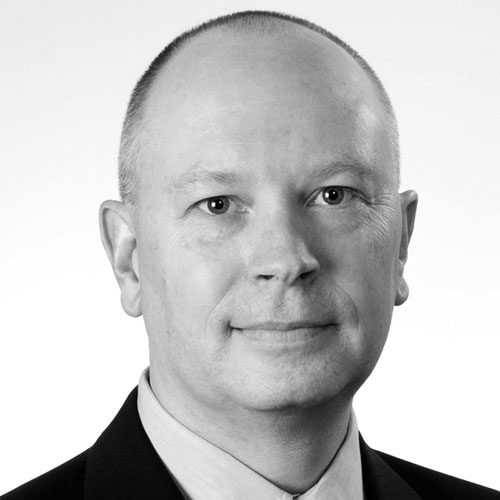I grew up in Buffalo, New York, and I am a long-suffering Buffalo Bills fan. After getting my undergraduate degree at SUNY at Buffalo in physical education, I worked at the Buffalo Athletic Club for three years.
The early 1980s were an exciting time for health and fitness: Jazzercise had taken off, and jogging was just becoming a big thing. Switching careers was primarily a matter of economics. I worked with a lot of professionals, and their lifestyles were very different from mine. I felt like there was more out there for me, too.
Someone once told me you shouldn’t take a job or leave a job for money; you should instead look to be associated with companies that can provide opportunities for you.
I’m conservative. Maintaining a strong balance sheet so you have the financial flexibility to react to challenges and opportunities is important, both in your personal life and as a corporation.
In 1986, I began working at Arthur Anderson. It and PricewaterhouseCoopers were the two blue-chip accounting firms of the day. As a recent graduate, if you got an offer for one of those two, you took it.
It was a great environment. Most people at the firm were in their twenties, and some of my closest friends today are people I met back then. I also found some great mentors, and that helped me to become a manager after just four years.
I had a brother who was a certified public accountant, so as I thought about what I wanted to do next, I considered doing the same. I liked the independence that provided. It’s a recognized credential you can put in your pocket and take anywhere. So I went back to school full-time and got an MBA, focusing on public accounting.
What we’ve done here at Transcat defines success for me. When I started, we had 200 employees and under $70 million in revenue. Now, we have more than 400 employees and more than $120 million in revenues. I’ve been fortunate to be involved with several companies that have grown rapidly and provided great opportunities for myself and many others.
People who work with me will tell you I use all kinds of clichés, and one of them is, “If you fail to plan, you plan to fail.” As chief financial officer, you have to anticipate the consequences of your decision making two or three steps down the road. There’s typically a ripple effect.
Transcat is a public company that distributes and services test, measurement, and calibration equipment used in industrial and scientific settings. We’re a small public company, so I wear a lot of hats as a chief financial officer. It’s my sixth company in twenty-eight years and my third public company, and my experience doing a lot of different things throughout my career made it a good fit.

